IS BACILLUS MUCILAGINOSUS, AND WHAT ROLE DOES IT PLAY IN SOIL ECOSYSTEMS?















Bacillus Mucilaginosus is a beneficial microorganism found in soil ecosystems. It plays a crucial role in maintaining soil health and supporting plant growth.



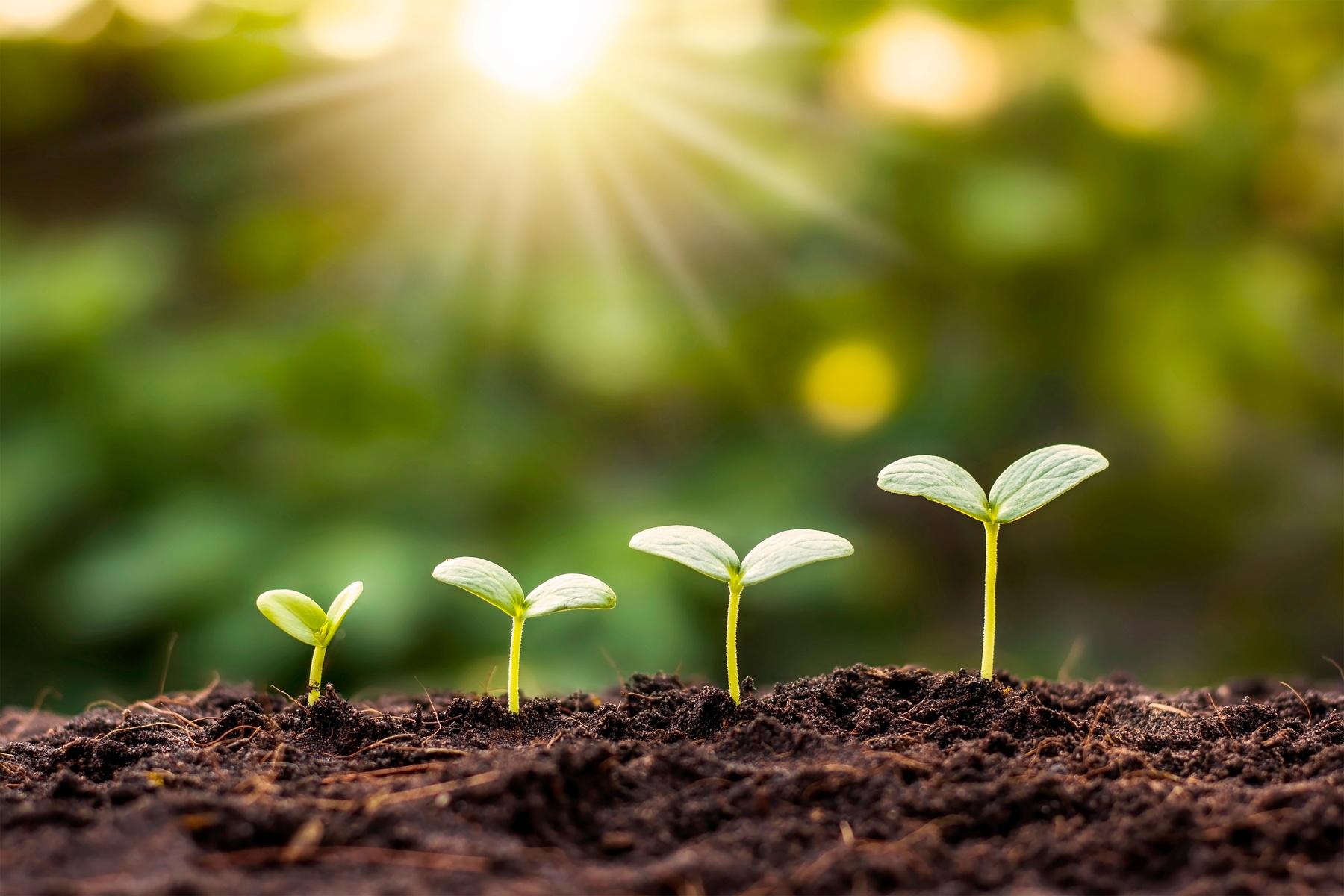
Definition: Bacillus
Mucilaginosus is a species of bacteria commonly found in soil.

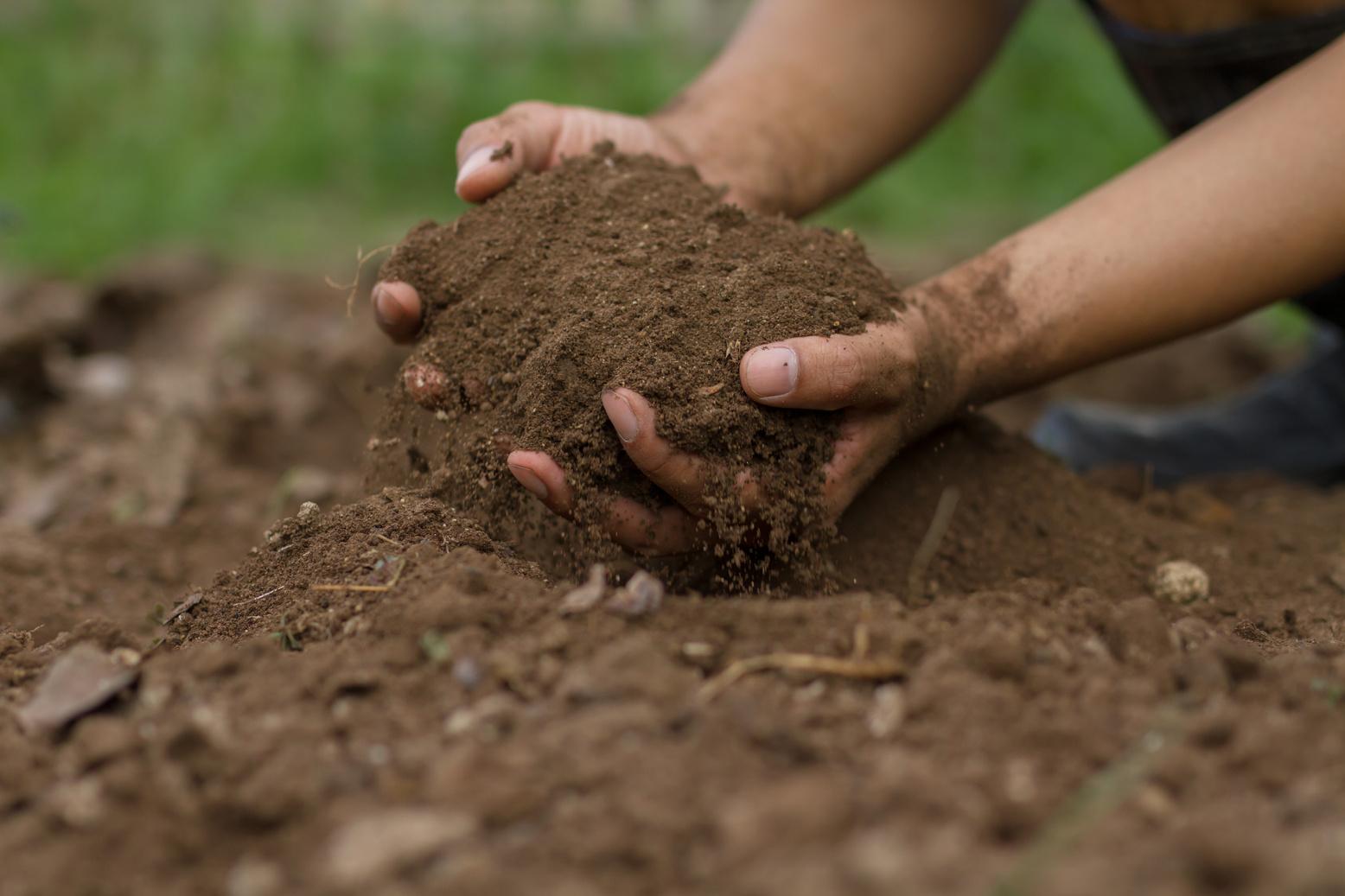
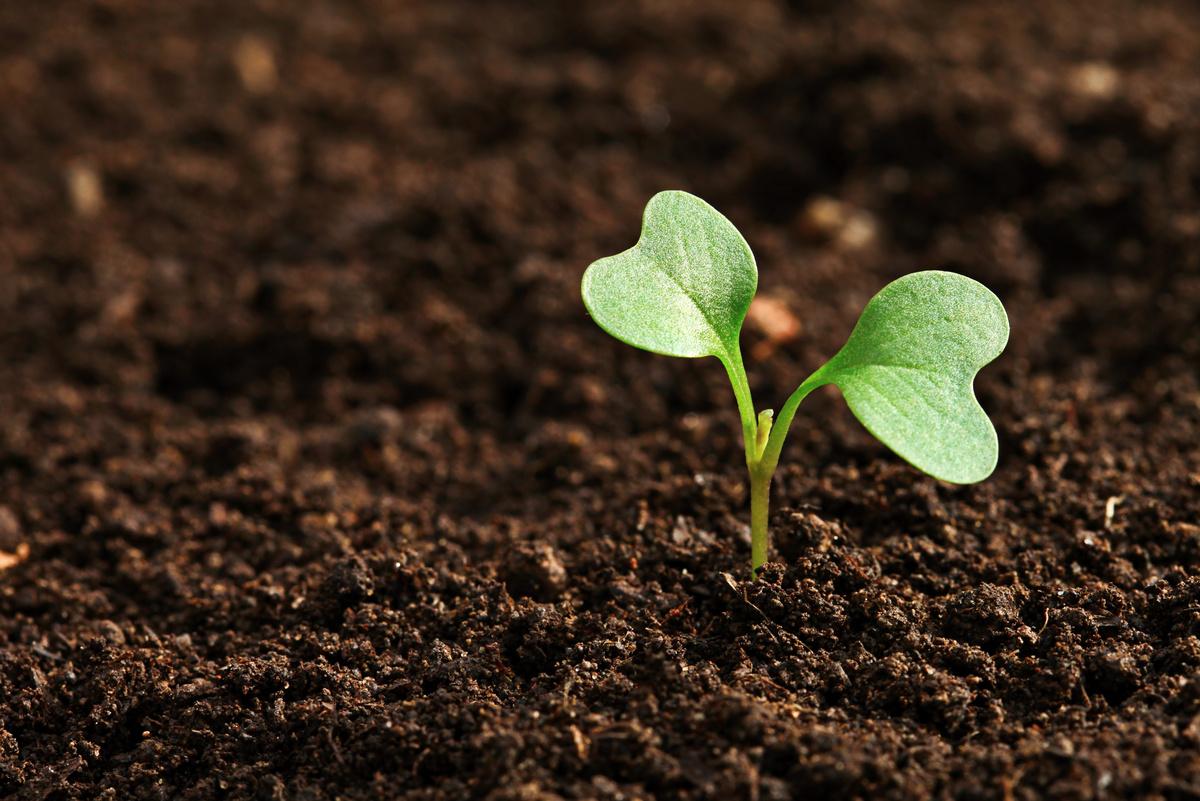
Soil Structure Improvement: Bacillus Mucilaginosus secretes a sticky substance that helps bind soil particles, improving soil structure.

Nutrient Cycling: This bacterium aids in the decomposition of organic matter, releasing nutrients like nitrogen and phosphorus, and making them available to plants.



Growth-Promoting Compounds:

Bacillus Mucilaginosus produces growthpromoting compounds, such as auxins and cytokinins, that enhance plant growth and development.


Disease Suppression:
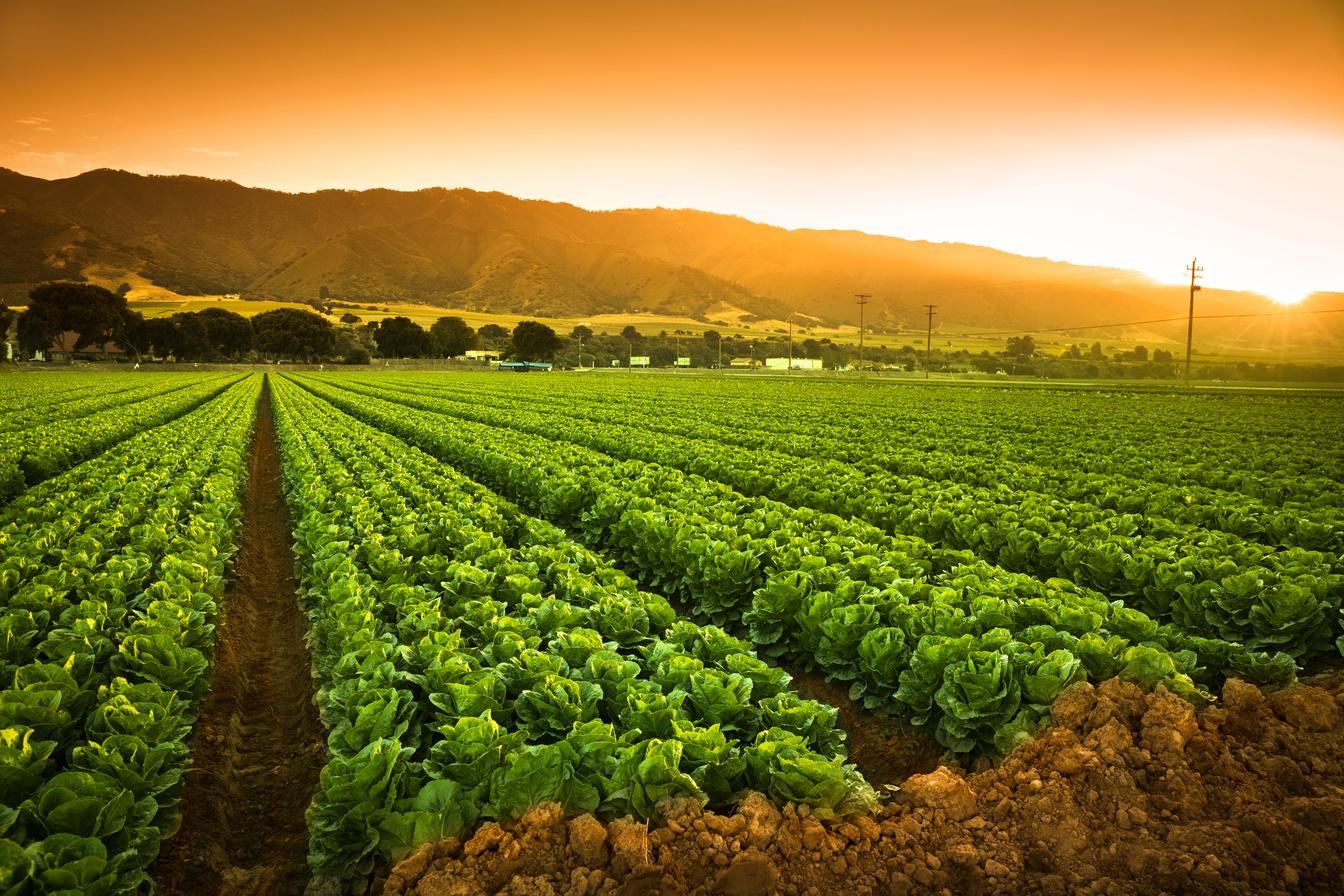

It can also suppress harmful soil pathogens, protecting plant roots.
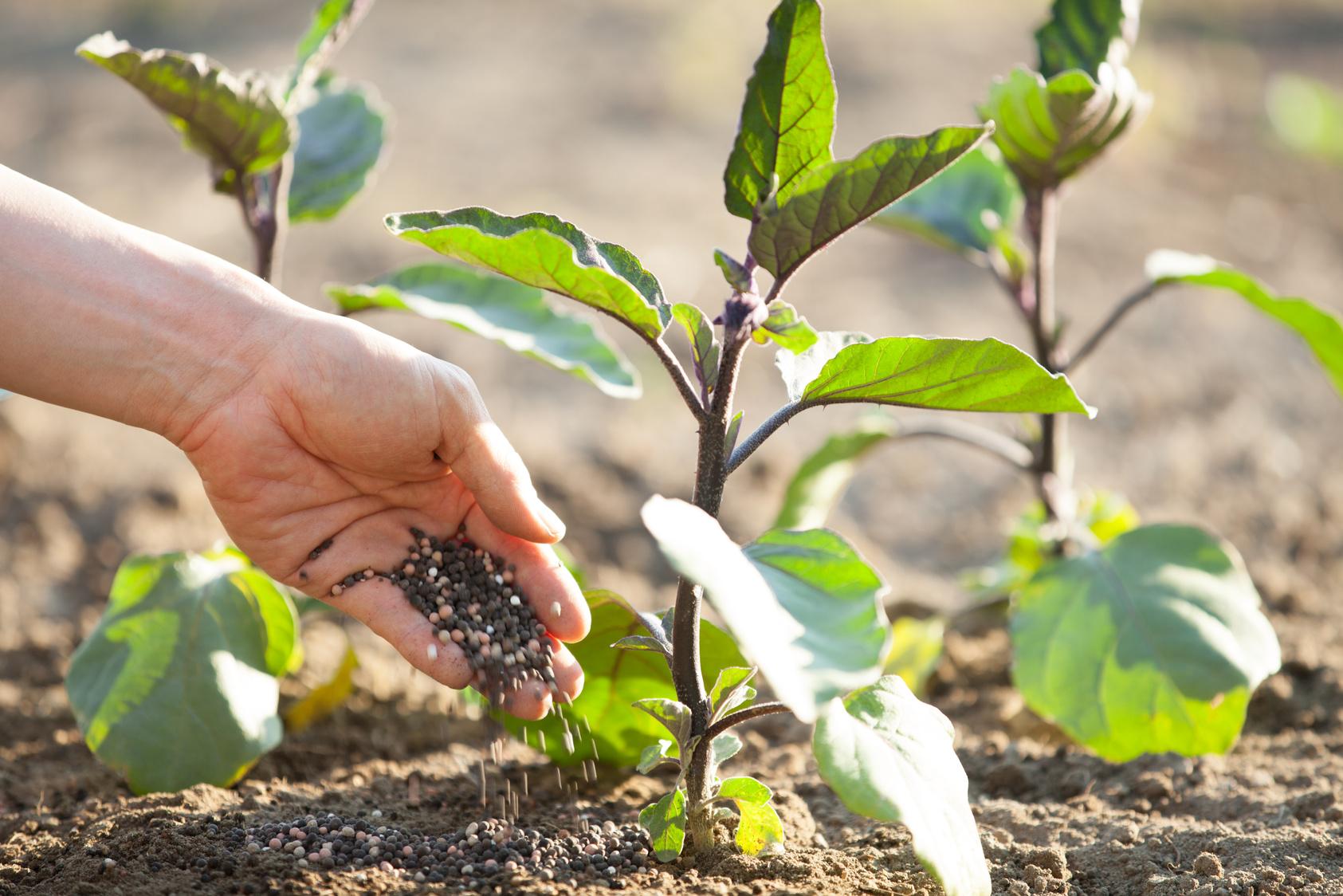

Drought Resistance: Bacillus Mucilaginosus helps plants cope with water stress by enhancing their water uptake abilities.
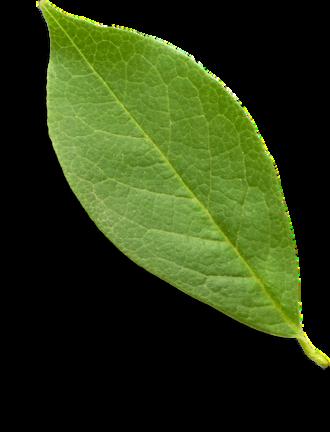
Reduced Chemical Usage: Its role in disease suppression reduces the need for chemical pesticides.

Organic Matter Addition: Adding compost or organic materials to soil provides a favorable environment for Bacillus Mucilaginosus.

Avoid Overuse of Chemicals:
Excessive chemical fertilizers and pesticides can harm these beneficial bacteria.

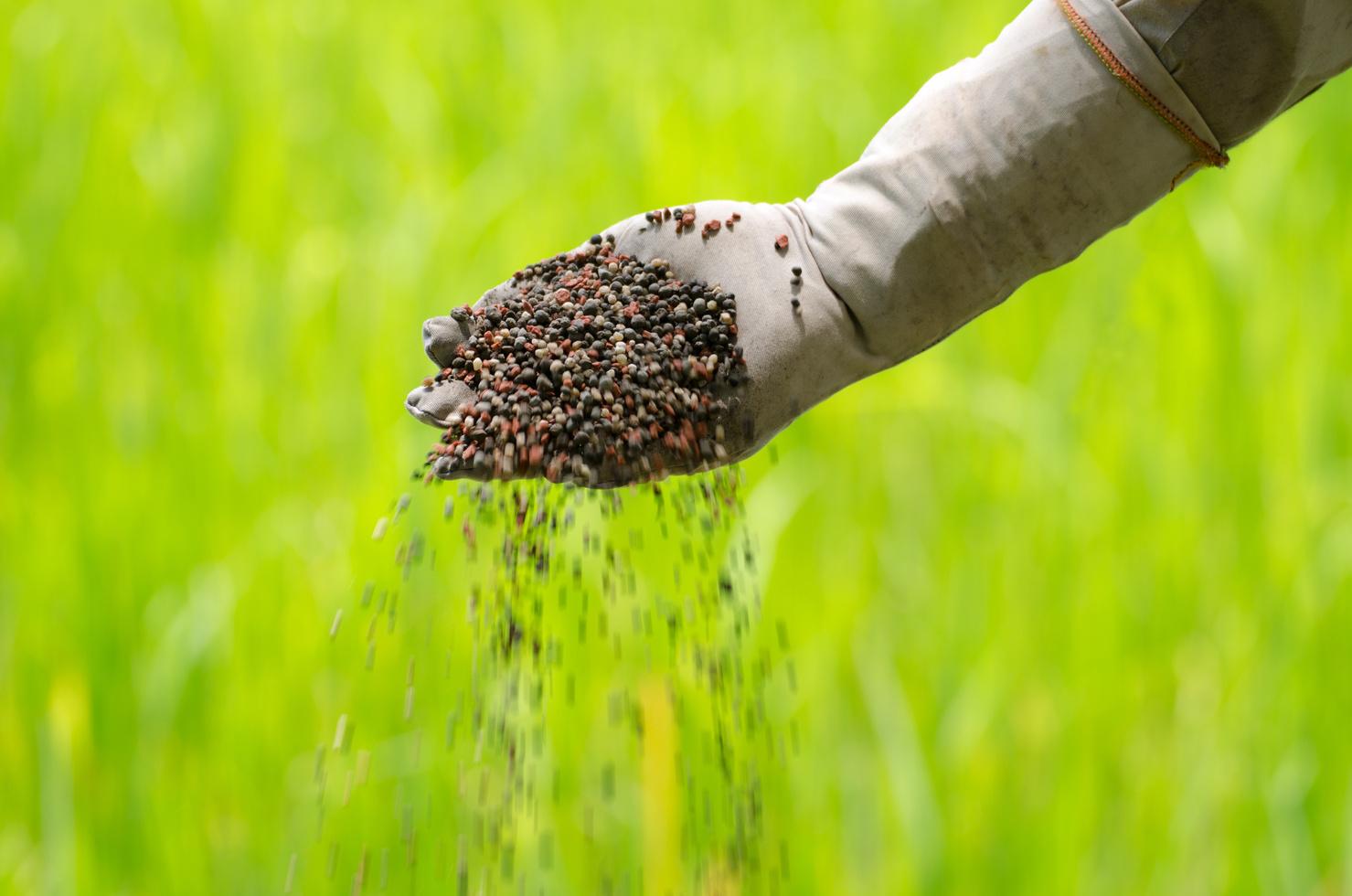
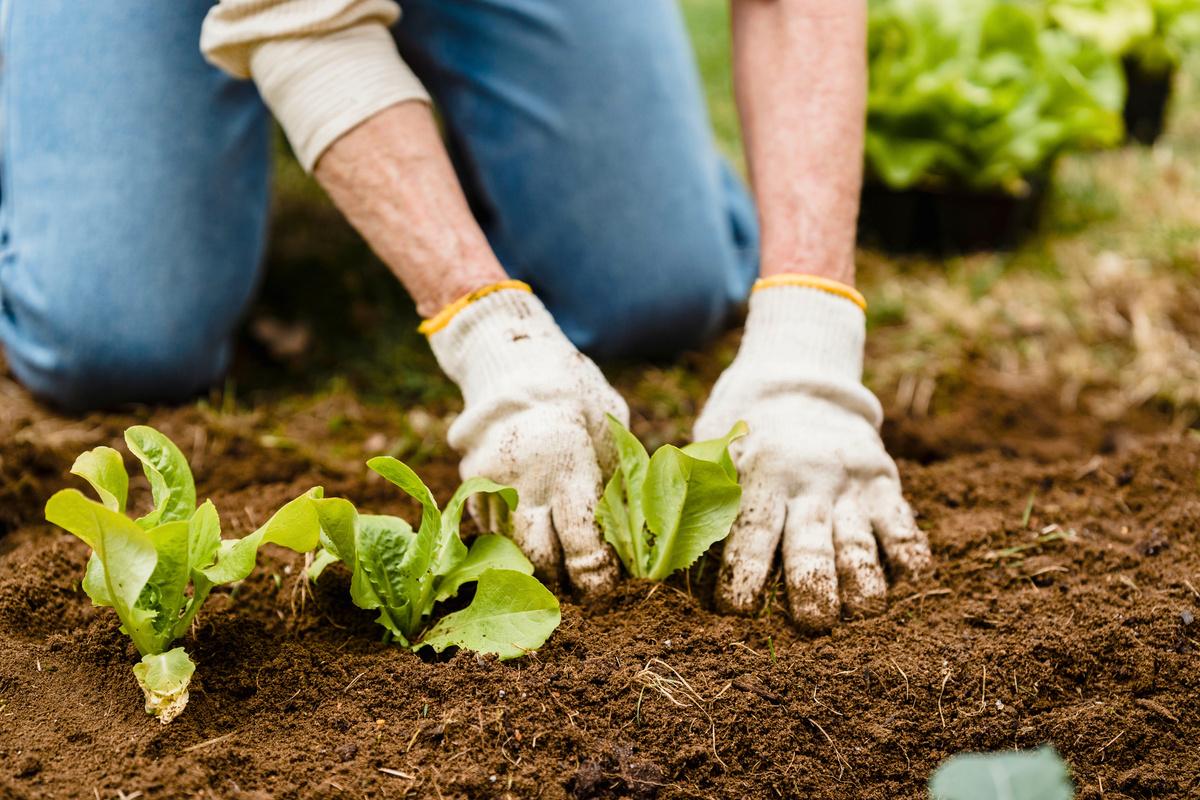
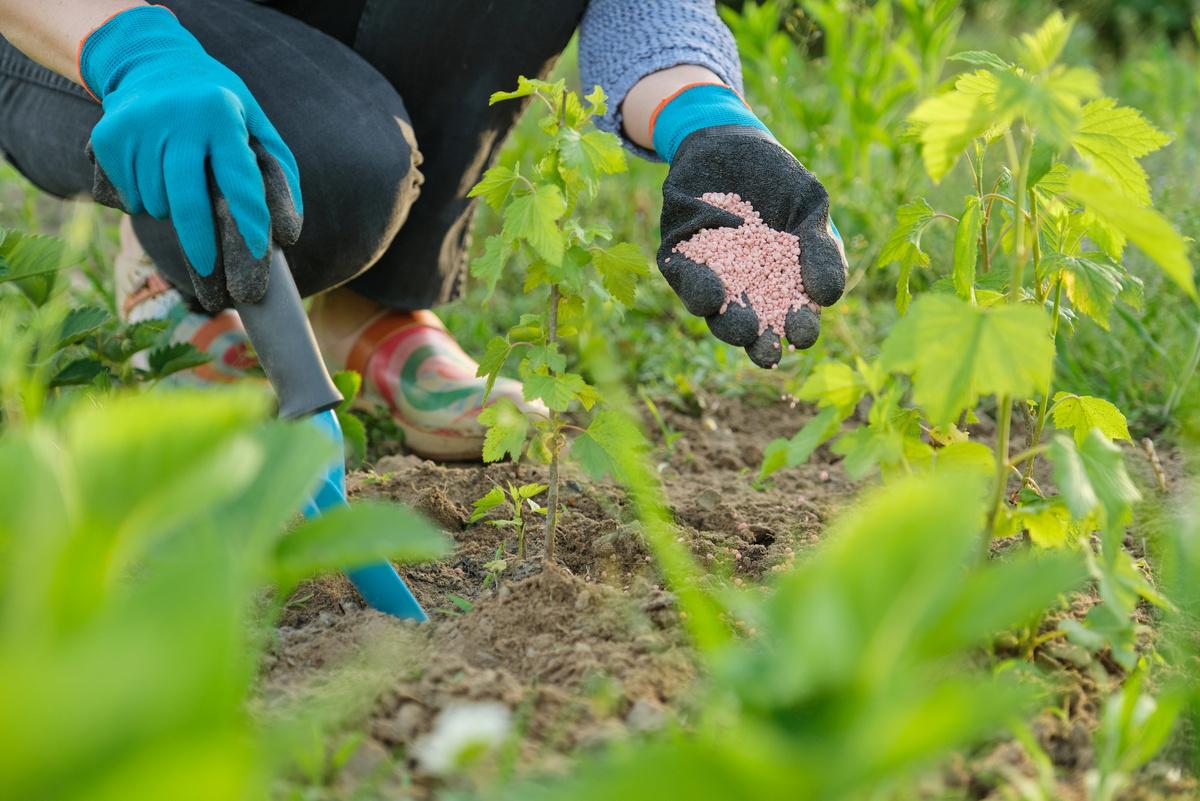
Recap: Bacillus Mucilaginosus is a beneficial soil bacterium that improves soil structure, promotes plant growth, and offers environmental benefits.

Importance: Understanding and fostering Bacillus
Mucilaginosus can lead to healthier soils, increased crop yields, and sustainable agriculture.




